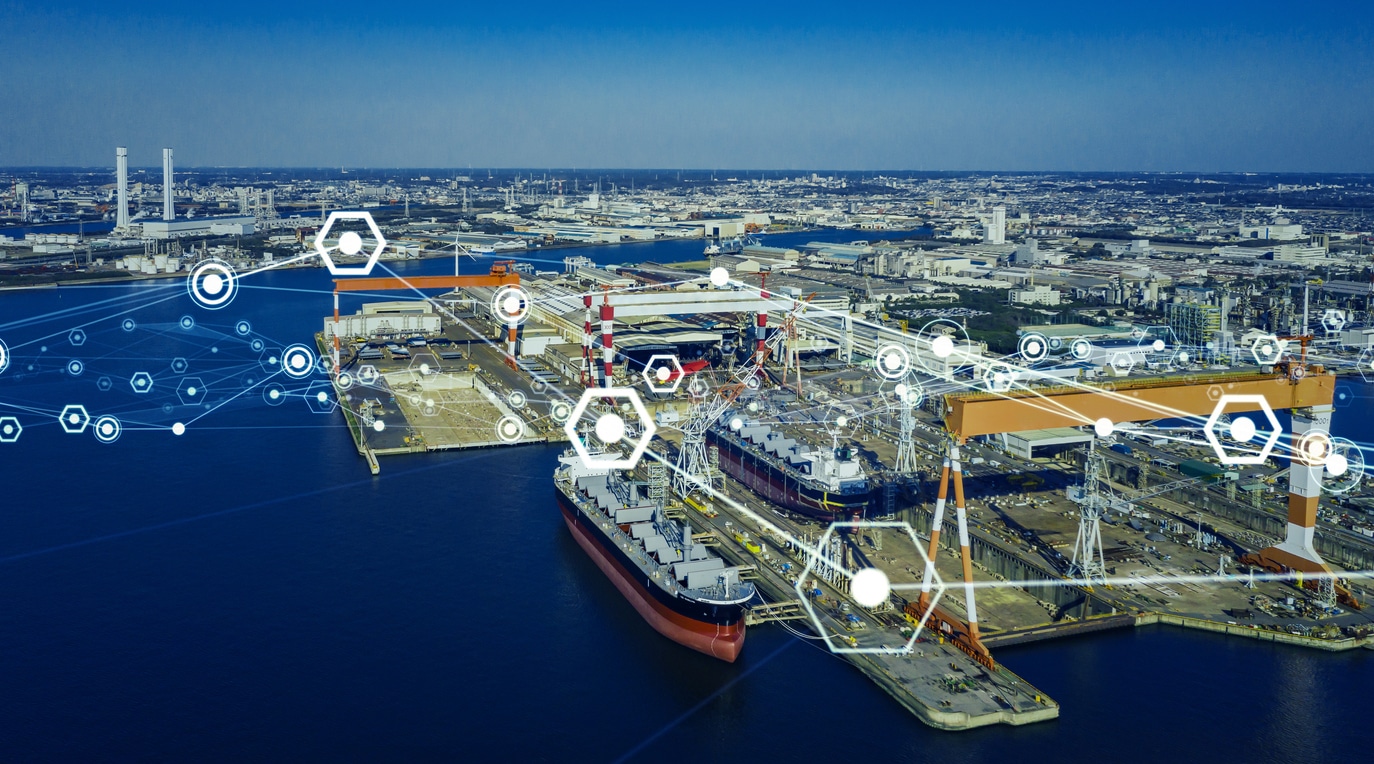The Growing Problem of Too Many Alarms on Ships: A Look at Maritime Digitalisation
Why Ships Have More Alarms Than Ever: How It Affects Safety and Decision Making

Digital Technology on Ships Causing Too Many Alarms, LR Study Finds
A new study by Lloyd’s Register (LR) shows that the number of alarms on ships has increased by 197% in less than 20 years. This rise in alarms can make it harder for ship crews to make good decisions, especially when there are too many alarms at once. The study suggests that the alarms onboard need to be better controlled to help officers stay focused and not get distracted.
Why Are There More Alarms Now?
As ships have become more digital, more technology and sensors have been added. These sensors often come with alarm functions that are supposed to help the crew stay safe. But with so many alarms, crews are getting alarm fatigue, which makes it harder for them to react correctly during emergencies or even in normal operations.
The LR research looked at alarm data from ships and found that the number of alarms per hour on a ship in open sea has gone up by nearly 200% compared to 20 years ago. When ships are near the coast or in tight spaces, the number of alarms also increases by 70% and 6%, respectively.
Pilot Of Towing Vessel That Hit Louisiana Pier Was Asleep, NTSB Reports
Real Impact on Crews
The study included data from 65 officers on 15 ships operated by 10 different companies. These officers shared how the alarms affect their work. The results showed that during times when they needed to concentrate the most, like when navigating through tricky areas, ships were seeing as many as 74 alarms per hour. In the engine room, some ships had up to 2,500 machinery alarms each day, with some days peaking at 22,500 alarms!
What Is Alarm Fatigue?
Alarm fatigue happens when people are exposed to too many alarms over time. This makes it harder for them to focus on which alarms are important, and they might start ignoring them. On ships, this can lead to big problems, as officers might miss important warnings. Right now, there are no strict rules about how many alarms should be used, or which ones are really needed to keep the ship safe.
The Benefits of Alarm Systems
Despite the problems caused by too many alarms, the study also highlights how important alarm systems are. They help crews in both normal and emergency situations by giving them critical information. The study suggests that the number of alarms should be better monitored and controlled, so that they are actually helpful and not a distraction.
What Experts Are Saying
Duncan Duffy, LR’s Global Head of Technology, Electrotechnical Systems, and Digitalisation, said that many of the alarm systems on ships are not well-coordinated. This creates confusion and can sometimes lead to dangerous situations. “There is an obvious need for some alarms, but confusion regarding necessary actions or uncertainty regarding root causes can lead or contribute to serious incidents,” said Duffy.
What’s Next?
Following this study, LR and a group of industry partners have created a task force to look at how other industries handle alarm systems. They want to see if these methods can be applied to ships. The research is funded by the Danish Maritime Fund and is part of LR’s Digital Transformation Research Programme. This programme is meant to take a closer look at the digital challenges and opportunities that the maritime industry is facing today.
